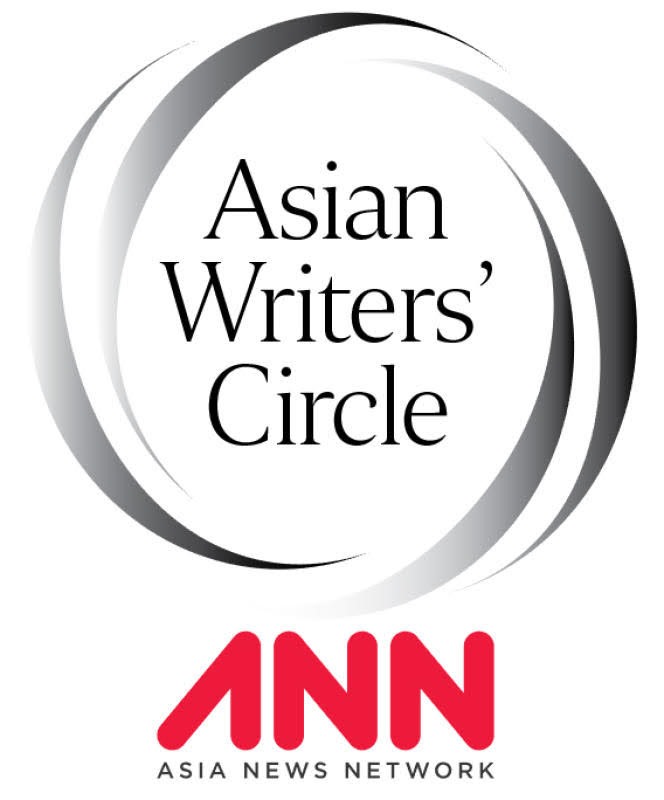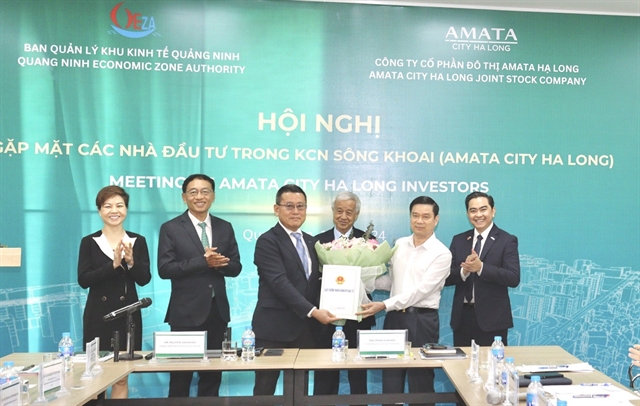 Opinion
Opinion

The collapse of the Soviet Union at the end of the eighties proved a seminal event in the history of international politics and there was this pervasive euphoric sentiment that the stage was set for the everlasting enthronement of the capitalist system along with liberal democracy, worldwide.
 |
By Lynn Ockersz
The collapse of the Soviet Union at the end of the eighties proved a seminal event in the history of international politics and there was this pervasive euphoric sentiment that the stage was set for the everlasting enthronement of the capitalist system along with liberal democracy, worldwide.
The belief was initiated and sustained by sections of the Western academic world and enthusiastically supported by the political class of the same geographical hemisphere and some of its supportive counterparts of the global South. This anticipated, wide-ranging transformation was summed up in the catchphrase, ’End of History’.
Decades into this ’Brave New World’, the more perceptive realize that the ’End of History’ is the stuff of myth and make-believe. To be sure, the capitalist growth model has been adopted by almost all countries but it is an open question whether liberal democracy has stabilized itself all over the world. That is, we may have capitalism but not necessarily liberal democracy. In fact, today capitalism thrives alongside political authoritarianism in its most repressive manifestations. Capitalism has vastly outlived political change down the ages. This is the only relative certainty in a world riddled by uncertainties. If the global South ever gets down to thinking collectively about its lot,
it will realize that almost nothing that it campaigned for in the aftermath of ’political independence’ in the fifties and sixties, for instance, has been achieved substantially and to its entire satisfaction.
It need hardly be argued that individual and collective socio-economic goals, for example, have deftly eluded it. Besides, security in its individual and collective forms is at best chimerical in these times when individualism and ultra-nationalism are tending to be glaringly conspicuous; tendencies the post-World War 2 order thought it had blunted. It is in the area of security that the world finds itself to be most wanting. The few decades leading to the First World War were characterized by a degree of international peace but this applied largely to the West.
The reason why this was so was probably because the Western world enjoyed a degree of consensual thinking on forms of governance, such as the constitutional monarchy and liberal democracy, and agreed largely on the need for the capitalist growth model, on issues relating to the economy.
Needless to say, insecurity marked the international system in the decades between the two World Wars and not surprisingly nationalism and individualism came to be hallmarks of those times.
Given these broad tendencies, it was only to be expected that international tensions would mount, leading eventually to a World War.
Compared to the present times Southern states and their peoples enjoyed a degree of security during the Cold War decades. This was mainly because the world had polarized itself into two ideological, military and economic blocs, broadly speaking, under the US and NATO on the one side and the Soviet Union and Warsaw Pact on the other.
These politico-ideological and military groupings balanced each other’s power and influence in the international system from the ending of the Second World War until the nineties, when the decline of the Soviet Union began to be dramatically marked.
While it could be contended that part of the ’End of History’ prophecy has come true in that the capitalist system has come to be universally accepted, the rest is patently false. Liberal democracy and accountable governance are conspicuous by their absence in most parts of the global South, although the latter hemisphere is seeing the rapid proliferation of Emerging economies, wedded to the capitalist path.
The glaring lack of accountable governance in most regions of the world is emerging as a major factor in growing international insecurity. A tragic fallout from this lacuna in the South is increasing human insecurity.
Today, in the world’s trouble spots, civilian casualties of war are rising disconcertingly. This situation is not helped by a steep rise of the political Right in the West. This tendency is epitomised in the Trump phenomenon in the US, for example. The ultra-nationalist agenda of the Trump presidency is compelling the US to withdraw militarily from conflict and war zones where civilian publics are most exposed and vulnerable to the horrors of armed conflict.
For instance, as this is being written President Trump has ordered the withdrawal of US ground troops from Syria. However, there is no guarantee that the Syrian conflict has been resolved to the satisfaction of those sections of the world community that have the interest of civilians at heart.
Would the US now ’cut and run’ from also Afghanistan? This is a moot point. The US reluctance to honour its commitments to war-affected civilians of the South runs parallel to its tendency to withdraw from global multilateral economic and related forums which are seen as affecting US interests. It has already done so in the case of a couple of Obama era economic treaties that were seen as benefiting both South and North.
There is plenty in these unexpected developments that should set the South thinking. It cannot expect a consensus of thinking among the big powers on questions affecting its security and economic interests. The South will be valued by the big powers in these ’brave new’ times to the extent to which it keeps its markets open for trade and investment. The South cannot expect to be protected by the big powers, be they from the North or South.
The latter, though, could expect the major powers to enter into economically exploitive relations with it and little else. However, the South should think of re-grouping to the extent to which it could.
South-South ties should be revived and made to prosper in the socio-economic field in particular. Ironically, as it goes along the South is bound to realize that ’Third World’ development agendas of the days gone by are not completely irrelevant in these times when the rest of the world could not care less for its most vital interests.—ANN
The writer is the Associate Editor of The Island. He is also a lecturer on international affairs.
The Asian Writers’ Circle is a series of columns on global affairs written by top editors and writers from members of the Asia News Network and published in newspapers and websites across the region.









